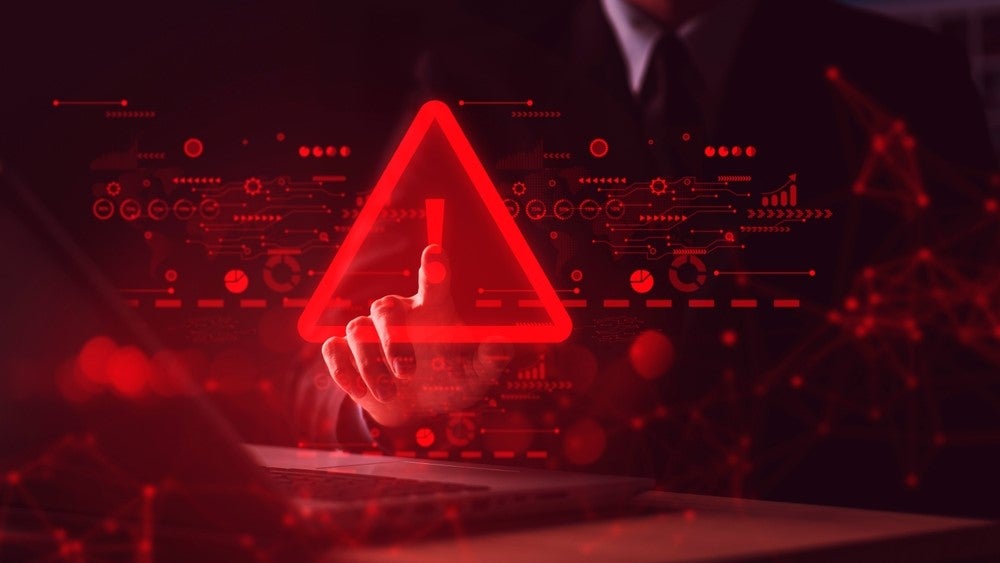Counterfeit goods are an inescapable reality of online shopping, with online marketplaces offering the perfect platform for scammers looking to use misleading images and descriptions to pass off fake products as the real deal. The problem is growing, and major retailers are struggling to keep up with the scale of the scams.
Amazon reported seizing 7 million counterfeit goods in 2023, up a million compared to 2022. Meanwhile, Michigan State University’s Centre for Anti-Counterfeiting and Product Protection found that around 74% of 13,053 sampled consumers had purchased a counterfeit product during 2023.
“The problem of fakes is increasing overall,” Neil Saunders, retail analyst at GlobalData, tells Retail Insight Network. “The growth of marketplaces, where sellers can easily list products, is one of the reasons for the growth in fakes – it’s just easier to distribute fake products than it used to be.
“Remote selling also makes it much more difficult to spot fakes. For example, a seller may show a picture of a genuine product and then send out a fake one.”
The problem has hit retail across the board, but luxury and branded goods have been most impacted. According to Saunders, this particularly includes handbags, beauty products and apparel, because “scammers will often target products that are trending or popular as they know there is strong demand for them.”
Apparel in particular has run into trouble. The prevalence of luxury brands makes it an appealing sector for online scammers, and the OECD’s Trade in Counterfeit and Pirated Goods report highlighted Nike shoes, Rolex watches, Ray Ban sunglasses and Louis Vuitton bags as often-targeted luxury products.
Saunders notes that the high price tag is an attraction for scammers, adding that “apparel also has good margins, and it is relatively easy to create counterfeits compared to a sector like technology.”
Technology isn’t immune, however. As far back as 2014, the Electrical Safety Foundation International (ESFI) found that a third of over 900 respondents (made up of electrical inspectors, contractors, distributors and manufacturers) had encountered counterfeit products.
Considering the current state of counterfeits in technology, the Office of the United States Trade Representative’s 2023 Review of Notorious Markets for Counterfeiting and Piracy noted: “In the years since [the ESFI] study, the consumer electronics market has only grown, as more consumers rely on multiple devices for communication and entertainment in their day-to-day lives and more products, including household goods, utilise sophisticated electronic components. This increase in demand has also led to an increase in potential for these products to be counterfeited.”
Online retailers are looking to safeguard authentic products against the growing counterfeiting problem, but the scale and proficiency of scammers are making it difficult to keep up.
Saunders comments: “Online retailers like Amazon have put in place a lot of checking systems to identify counterfeits and quickly remove them from the site, this includes the use of AI to identify issues. They also monitor sellers and ban bad actors from the marketplace. Online retailers can also work with brands to protect intellectual property.
“Close associations with law enforcement also play a role, as counterfeit rings are often involved in other types of crime, so bringing them to book is important.”















